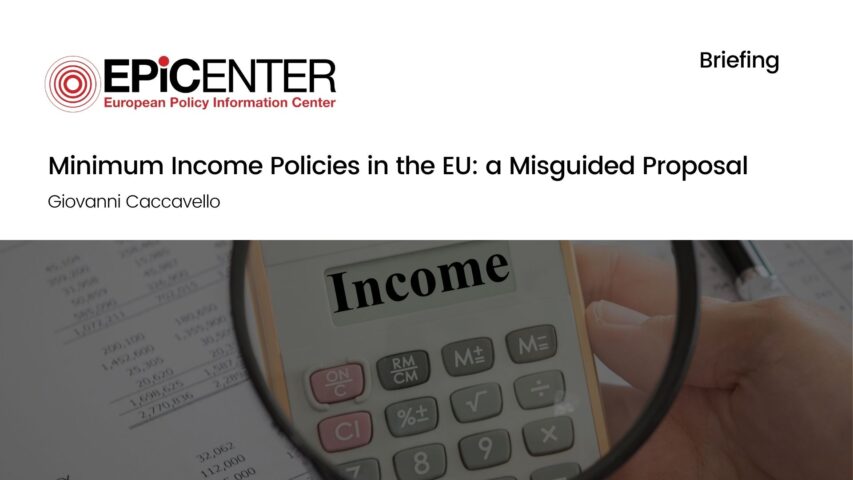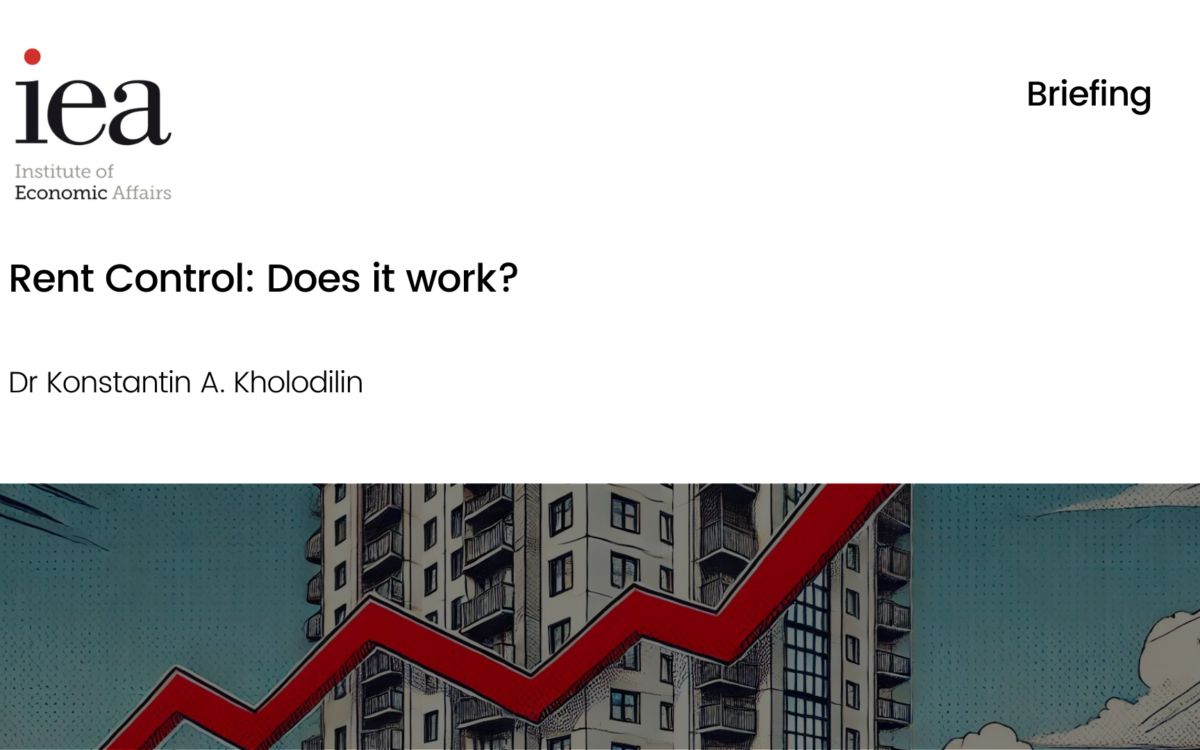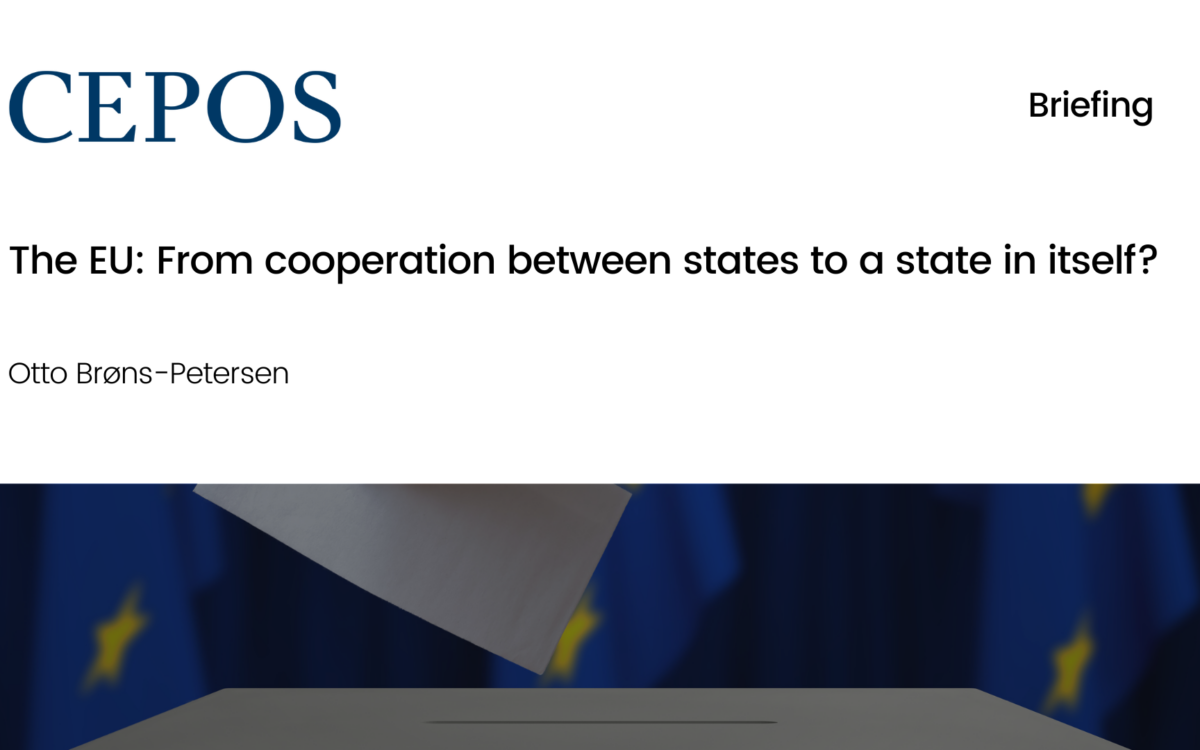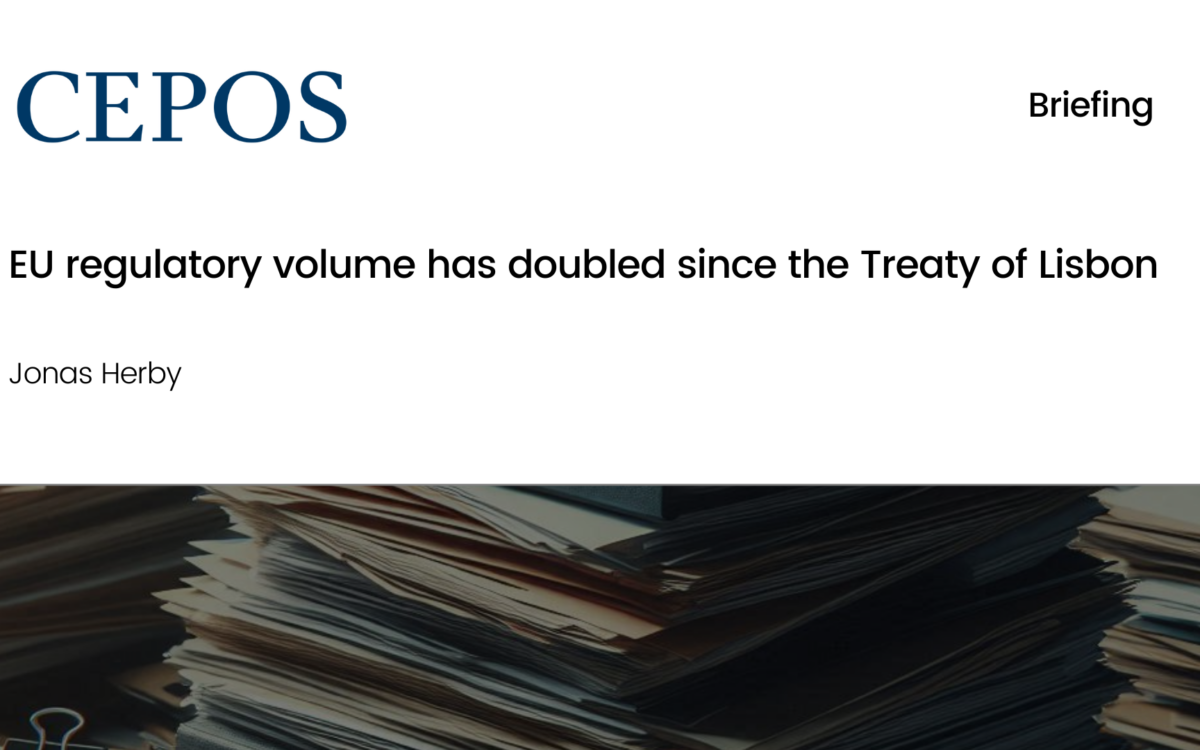Minimum Income Policies in the EU: a Misguided Proposal

Minimum Income Policies in the EU: a Misguided Proposal
July 2017
The European Parliament Committee on Employment and Social Affairs and the Committee on Economic and Monetary Affairs are currently promoting a new legislative proposal on minimum income policies as a tool for fighting poverty.
Although noble in its intentions, this whole initiative seems to rest purely on ideological grounds rather than on sound economics.
First of all, this legislative proposal fails to properly acknowledge the current situation of minimum income schemes in Member States. Secondly, it wrongly dismisses the key role played by structural reforms in restoring growth and competitiveness in some crisis-hit EU countries. Thirdly, it falls short of providing policy-makers with a clear strategy on how to tackle poverty and foster social cohesion.
Download or share this publication
View the PDF
EPICENTER publications and contributions from our member think tanks are designed to promote the discussion of economic issues and the role of markets in solving economic and social problems. As with all EPICENTER publications, the views expressed here are those of the author and not EPICENTER or its member think tanks (which have no corporate view).



